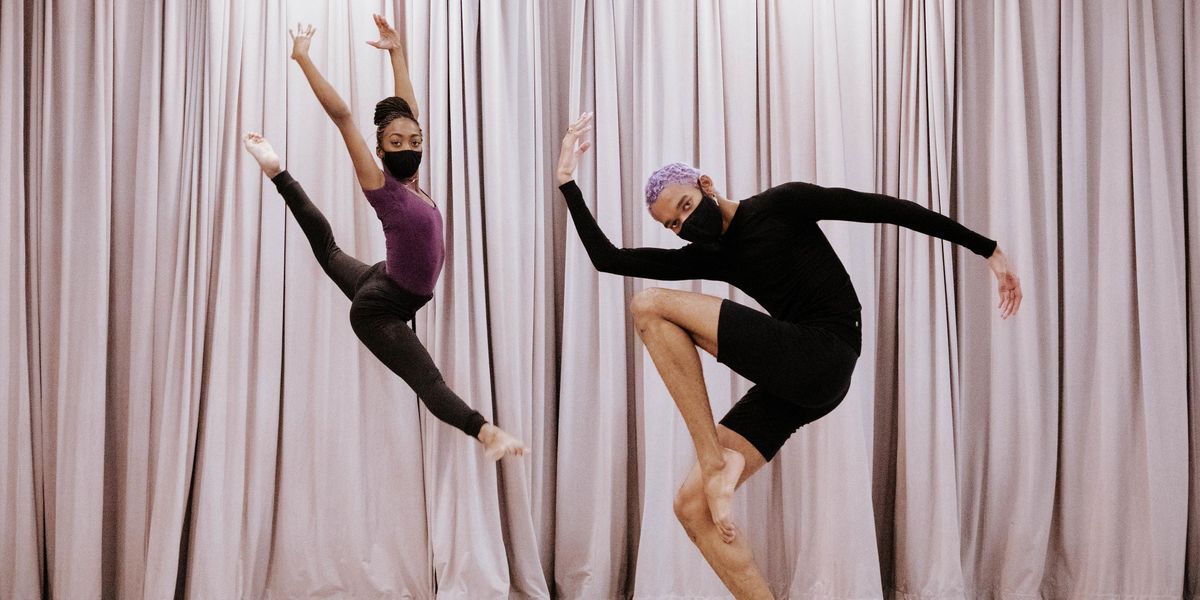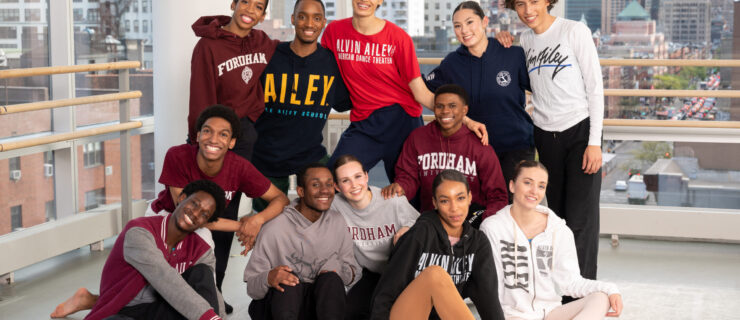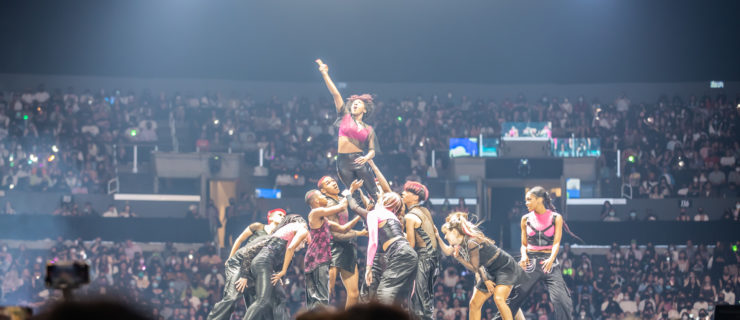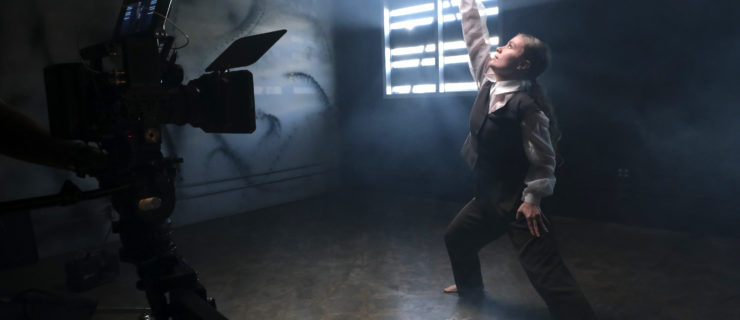How College Seniors Can Make the Best of Graduating During a Pandemic
If you’re a college student, there are some guarantees. The dining hall food will be bad. Your communal shower will be gross. You will sleep through class (at least) once. And at the end of it all, you will walk across a stage and move the tassel on your hat and—finally!—graduate.
But not even college traditions are immune to the impacts of the coronavirus pandemic. Because while dining hall food may remain terrible, communal bathrooms disgusting and alarm clocks just a little too quiet, graduating in the midst of a global pandemic will be different.
And that’s not just because, at many schools, COVID protocols will require that your graduation be held virtually. Dancers today are graduating into a different job market—one plagued by company closures, performance cancellations, and significant challenges facing the arts industry as a whole.
We know, we know. It sounds pretty bleak. But with vaccination rates rising and live performances slowly returning to stages, there is a light at the end of the pandemic tunnel. And to make sure you’re ready for graduation (even in a time that nobody could have prepared for), we spoke with faculty at two top dance schools about what students can do differently this year to prep for life postgrad.
How this year will be different
It’s undeniable that the dance job market will look different this year. “Funding in general is more scarce,” says Bruce McCormick, assistant professor of practice at the USC Glorya Kaufman School of Dance. “Many employers are taking care of their own for the moment, keeping the dancers they have employed and not hiring new ones.” So in that sense, it may be more challenging for new college grads to get hired to dance.
But this doesn’t mean that there aren’t jobs to be found. “Everybody is revolutionizing how we work,” says Giada Matteini, teacher and academic director at NYU Tisch School of the Arts, and director of Tisch’s Second Avenue Dance Company. Companies are creating more digital work than ever before, and are learning to be more creative in how they present content. And in this, there is room for growth.
This also means that hiring directors may be looking for slightly different skills. “If they’re changing the format of how they’re presenting work, they might be looking for a different kind of dancer,” says Matteini. “If companies are going to incorporate more outdoor space, or more videos, or more intercontinental relationships, who knows?” Because of this, you may want to broaden your scope—consider companies or jobs that in an ordinary year you might not have. You never know where your perfect fit might be found.

How you can take advantage of the moment
Start making virtual connections wherever you can. If there’s a company or choreographer you’ve always been inspired by, do some research, and find a point of contact so you can connect with them. “Right now, everyone is feeling a deep human need to connect, so people are even more open to connecting,” says Matteini. “I have made so many connections just because someone else like me is in dire need of having a conversation with a fellow artist.”
McCormick agrees, and encourages students to be politely persistent. “Some directors are going to be less responsive than others, depending on their own situation, and you should be sensitive to that,” he says. “But if there’s somebody you’re really interested in working with, keep trying, and stay patient.”
While it can be incredibly intimidating to make that first connection, consider the advantages of the time we’re in. Many people will be more willing to jump on Zoom or on a phone call because their schedules are freer than in typical years. And while in a normal year, you might need to travel (even internationally) to attend a company class or audition, you may be able to do so virtually in 2021.
How you can prepare financially
Consider the moment: The dance world is more digital than ever. “Dance is being shown on more platforms and in virtual spaces and reaching a broader audience in more ways than it ever has before,” says McCormick. And while this, of course, presents opportunities for dancers, it also presents more opportunities for work behind the scenes.
Are you famous in your friend group for taking the best dance shots? Do you dabble in filmmaking on weekends? Is social media your second language? If so, there’s probably a dance company out there that needs your help. “Find nonprofits and small companies who need help with digital content,” says Matteini. “So many companies need that kind of help, but they don’t have the time or the know-how.”
And if you aren’t particularly versed in the virtual world? Find a way to bulk up on those skills before graduating. It could land you a side gig to help get by, or it could even land you the dance job of your dreams. “I imagine that if dancers are skilled with digital media, that is probably an asset that more and more directors are going to start looking for,” says McCormick.
How you can stay positive
Though it can be challenging, in a time when we’re all so socially distanced from each other, try to stay connected with your social networks—they can help you to stay positive in these trying times. “Stay connected with your classmates,” says McCormick. “Especially after graduation, keep checking in. And if you’re struggling, don’t be afraid to tell someone—because often you aren’t the only one.”
You can reach out to your faculty for support, as well. “If you have professors or teachers that you trust who support you, stay close to them, and keep asking for help,” says Matteini.
And trust that this time isn’t wasted. “I think the dancers who are living through this pandemic are going to bring a beautiful sense of depth and introspection,” says McCormick. “I know that’s going to come through in their work—it already is.”




